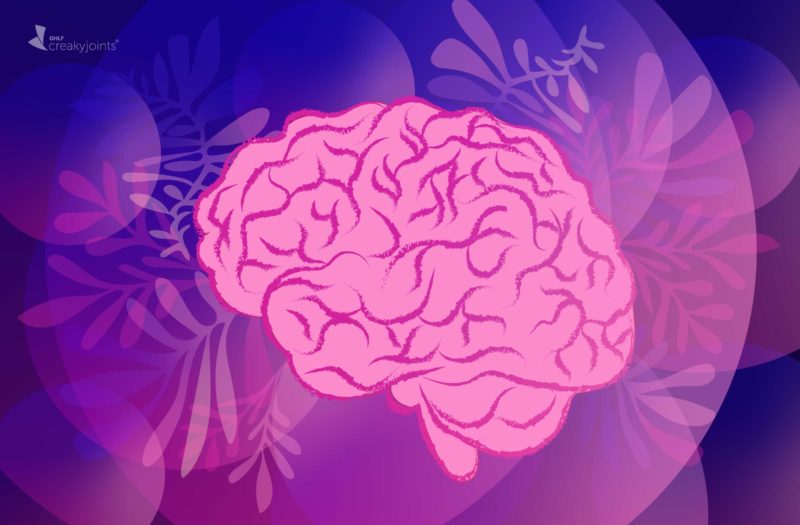For people with rheumatic disease, fatigue is much more than needing an extra cup of coffee to power yourself through the afternoon. Many people with inflammatory arthritis experience deep, crippling exhaustion that can interfere with being able to carry out even basic daily tasks. It can take a toll on emotional and social well-being, too.
There are many reasons why fatigue is so common among people with inflammatory arthritis — and physical issues like being unable to sleep well because you’re in pain likely play a role — but experts believe that psychological factors may be especially important.
“Psychological models of disability suggest that the experience of fatigue alone is not enough to lead to disability, but rather it is patients’ emotional and behavioral reaction to fatigue that influences its impact on daily life,” researchers from New Zealand wrote in the journal Arthritis Care & Research.
To figure out just how significant these reactions might be, they asked 143 patients with rheumatoid arthritis or ankylosing spondylitis to participate in an online study.
Every evening for 10 days, participants completed a questionnaire that asked about their level of fatigue, pain, and fatigue-related disability, defined as the extent to which fatigue got in the way of their job, social obligations, and other regular activities.
The questionnaire also included several questions designed to assess how “psychologically flexible” and mindful patients had been each day. They were asked to rate (on a scale of 0 to 6) how strongly they agreed or disagreed with statements about mindfulness such as:
- Today, I did things that were meaningful to me, even when I found it hard to do so.
- Today, I found it difficult to stay focused on what was happening in the present.
- Today, I got so caught up in my thoughts that I was unable to do the things that I most wanted to do.
“On days when patients engaged in more valued activity or were more mindful of their experiences, they were significantly less disabled by their fatigue. This finding expands on previous research which has shown that patients with inflammatory arthritis who retrospectively report being more psychologically flexible also report better health and functioning,” the researchers wrote.
“This suggests that … psychological treatments that combine a focus on increasing valued activity with improving inflammatory arthritis patients’ mindfulness could be useful for reducing fatigue-related disability.”
Track Your Symptoms with ArthritisPower
Join CreakyJoints’ patient-centered research registry and track symptoms like fatigue and pain. Learn more and sign up here.
Hegarty RS, et al. Understanding fatigue‐related disability in rheumatoid arthritis and ankylosing spondylitis: The importance of daily correlates. Arthritis Care & Research. April 2020. Doi: https://doi.org/10.1002/acr.24224.






